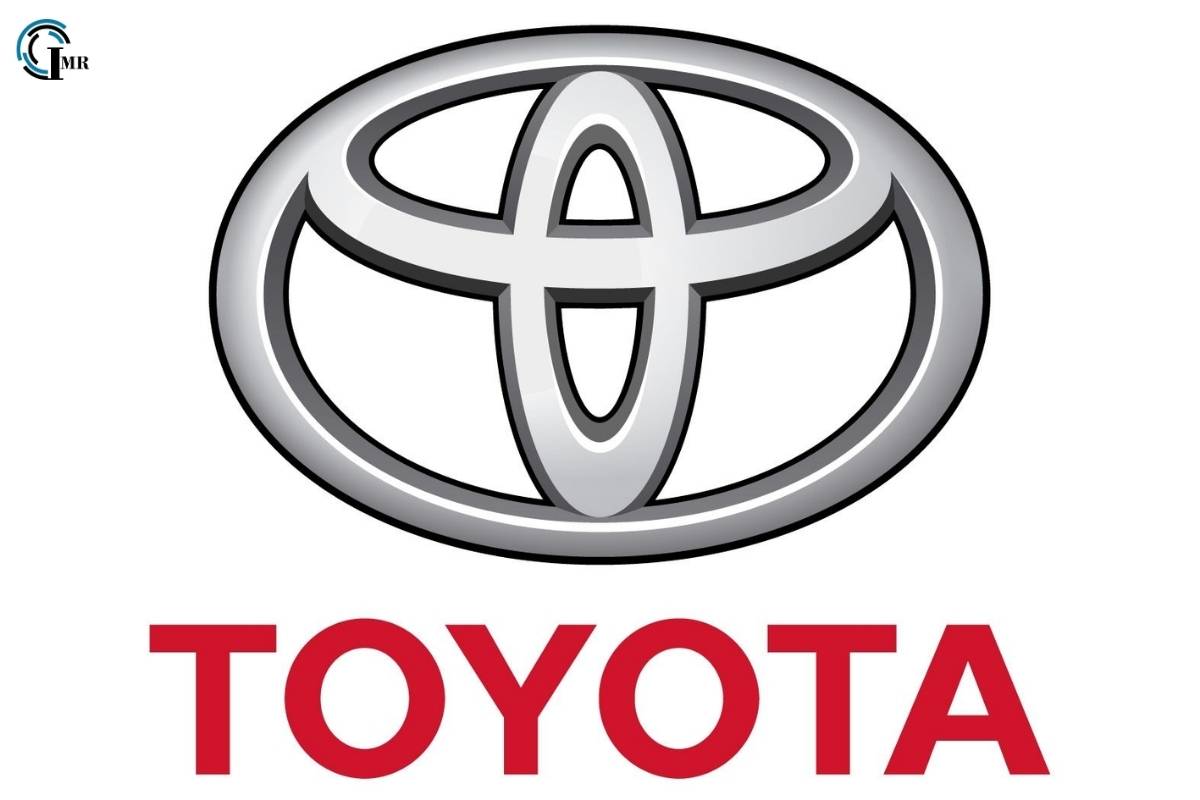
[Source – pinterest.com ]
In today’s rapidly evolving business landscape, the importance of Supply Chain Management (SCM) cannot be overstated. SCM plays a pivotal role in ensuring that goods and services move efficiently from suppliers to customers. It encompasses the planning, control, and execution of all processes involved in the production and distribution of goods. Effective SCM not only enhances efficiency but also builds resilience, enabling businesses to withstand disruptions and maintain a competitive edge. In this comprehensive guide, we will delve into the significance of Supply Chain Management, focusing on efficiency and resilience.
What is Supply Chain Management?
Supply Chain Management (SCM) involves the coordination of production, inventory, location, and transportation among the participants in a supply chain to achieve the best mix of responsiveness and efficiency for the market being served. SCM integrates supply and demand management within and across companies, optimizing the flow of goods, services, and information from origin to consumption.
The Role of Efficiency in Supply Chain Management
Efficiency in SCM refers to the ability to deliver products or services in the most cost-effective manner without compromising quality. It involves minimizing waste, reducing costs, and optimizing resources to achieve maximum productivity. Here are key aspects of efficiency in SCM:
1. Streamlined Processes
Efficient SCM requires well-defined and streamlined processes. This includes everything from procurement and manufacturing to distribution and logistics. By standardizing procedures and implementing best practices, businesses can eliminate redundancies, reduce lead times, and enhance overall productivity.
2. Inventory Management

Effective inventory management is crucial for SCM efficiency. Maintaining optimal inventory levels ensures that products are available when needed, reducing storage costs and minimizing the risk of stockouts or overstocking. Techniques such as Just-in-Time (JIT) inventory and demand forecasting play a vital role in achieving this balance.
3. Cost Reduction
Cost reduction is a primary goal of efficient SCM. This can be achieved through various strategies such as bulk purchasing, supplier negotiations, and process optimization. By reducing costs at each stage of the supply chain, businesses can offer competitive pricing to customers while maintaining profitability.
4. Technology Integration
The integration of technology is a key driver of SCM efficiency. Advanced tools such as Enterprise Resource Planning (ERP) systems, Warehouse Management Systems (WMS), and Transportation Management Systems (TMS) enable real-time tracking, data analysis, and automation of processes. This leads to improved decision-making, faster response times, and reduced human errors.
The Role of Resilience in Supply Chain Management
Resilience in SCM refers to the ability to adapt and recover from disruptions, whether they are natural disasters, economic fluctuations, or unforeseen events. Building a resilient supply chain is essential for ensuring continuity and mitigating risks. Here are key aspects of resilience in SCM:
1. Risk Management
Identifying and managing risks is fundamental to building a resilient supply chain. This involves conducting risk assessments, developing contingency plans, and establishing risk mitigation strategies. By proactively addressing potential threats, businesses can minimize the impact of disruptions and maintain operational stability.
2. Diversification of Suppliers

Reliance on a single supplier can be risky. Diversifying the supplier base ensures that businesses have alternative sources in case of supply chain disruptions. This diversification can involve sourcing from different geographical locations, working with multiple suppliers, or even developing in-house production capabilities.
3. Flexibility and Agility
A resilient supply chain is characterized by its flexibility and agility. This means being able to quickly adjust to changes in demand, production, and logistics. Implementing flexible manufacturing processes, scalable operations, and responsive logistics networks enables businesses to adapt to market fluctuations and customer needs.
4. Collaboration and Communication
Effective collaboration and communication with supply chain partners are crucial for resilience. Establishing strong relationships with suppliers, distributors, and customers fosters trust and facilitates the sharing of critical information. This collaboration ensures that all parties are aligned and can work together to address challenges and capitalize on opportunities.
The Intersection of Efficiency and Resilience
While efficiency and resilience may seem like opposing goals, they are not mutually exclusive. In fact, achieving a balance between the two is essential for a robust supply chain. Here’s how efficiency and resilience intersect:
1. Data-Driven Decision Making
Leveraging data and analytics is key to both efficiency and resilience. By analyzing historical data, market trends, and real-time information, businesses can make informed decisions that optimize operations and prepare for potential disruptions. Predictive analytics and artificial intelligence (AI) tools can forecast demand, identify risks, and recommend proactive measures.
2. Sustainable Practices
Sustainability is a critical consideration in modern SCM. Sustainable practices not only reduce environmental impact but also enhance efficiency and resilience. This includes adopting eco-friendly materials, reducing waste, and implementing energy-efficient processes. Sustainable supply chains are better equipped to handle regulatory changes and consumer preferences.
3. Continuous Improvement
The pursuit of continuous improvement drives both efficiency and resilience. Regularly evaluating and refining supply chain processes ensures that businesses stay competitive and adaptable. Implementing Lean principles, Six Sigma methodologies, and Total Quality Management (TQM) can lead to ongoing enhancements in productivity and risk management.
Case Studies: Efficiency and Resilience in Action
To illustrate the importance of Supply Chain Management, let’s look at a few real-world examples of companies that have successfully achieved efficiency and resilience:
1. Toyota

Toyota’s implementation of the Just-in-Time (JIT) inventory system revolutionized SCM by minimizing waste and reducing inventory costs. This efficient approach has allowed Toyota to respond quickly to changes in demand and maintain high levels of customer satisfaction.
2. Apple
Apple’s supply chain is known for its efficiency and resilience. By maintaining close relationships with suppliers and leveraging advanced technology, Apple ensures timely delivery of products while mitigating risks associated with supply chain disruptions.
3. Walmart
Walmart’s focus on efficient logistics and inventory management has made it a leader in SCM. The company’s use of data analytics and technology has optimized its supply chain, resulting in cost savings and improved customer service.
Conclusion
In conclusion, Supply Chain Management is a critical component of modern business operations. The dual focus on efficiency and resilience ensures that businesses can deliver products and services effectively while navigating disruptions. By streamlining processes, managing risks, and leveraging technology, companies can build supply chains that are both efficient and resilient, ultimately achieving long-term success and competitive advantage.
As businesses continue to face an increasingly complex and dynamic environment, the importance of robust SCM practices will only grow. Investing in efficient and resilient supply chain strategies is not just a necessity but a strategic imperative for sustainable growth and profitability.
Call to Action
For businesses looking to enhance their supply chain management, it is essential to assess current practices, identify areas for improvement, and implement strategies that balance efficiency and resilience. Partnering with experienced SCM professionals and leveraging cutting-edge technology can provide the insights and tools needed to build a robust and adaptable supply chain.
By prioritizing Supply Chain Management, businesses can ensure operational excellence, customer satisfaction, and long-term success in today’s competitive market.





Comments